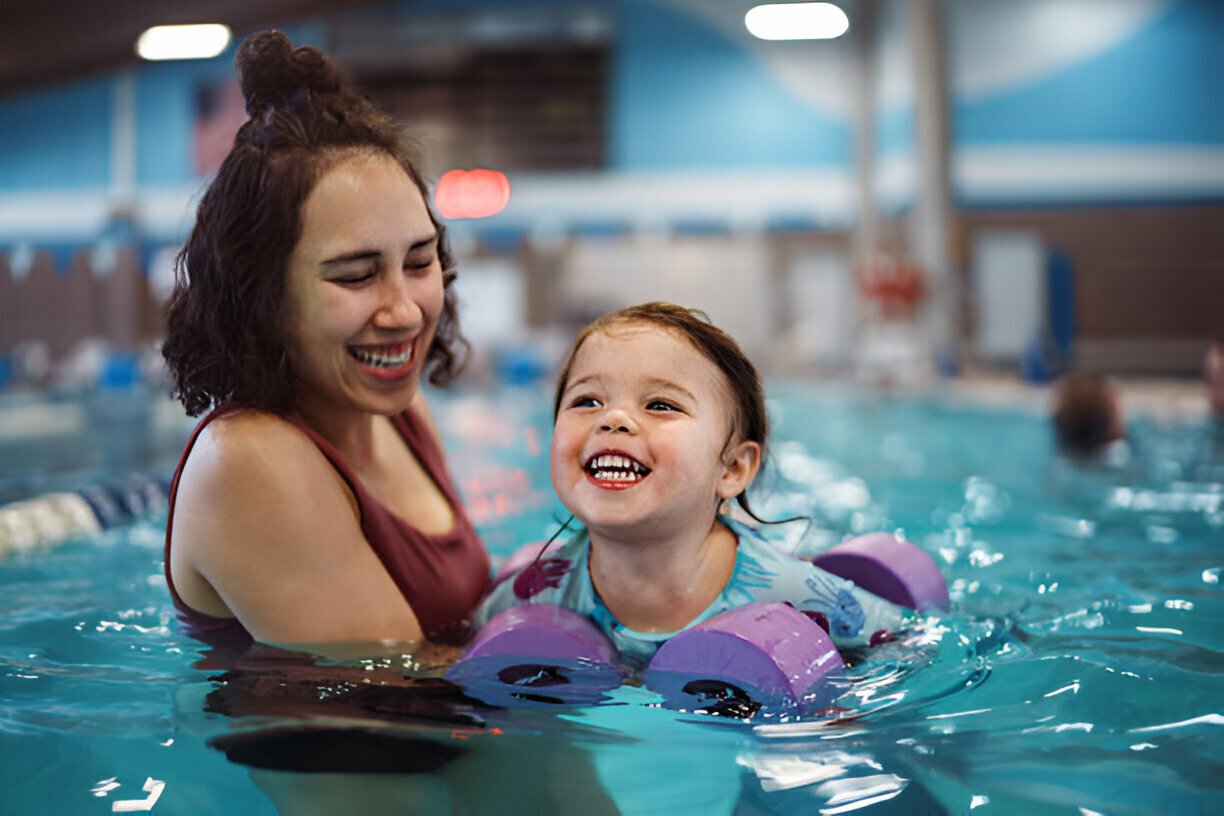Choosing the proper memory care for elderly parents is a decision that carries significant weight and responsibility. As our loved ones age and face challenges related to memory and cognition, finding a memory care facility that can provide the specialized support and care they need becomes crucial. This comprehensive guide aims to assist you in navigating the process of selecting a memory care facility that caters to your elderly parents’ unique requirements.
Assessing the needs of elderly parents
Understanding the specific memory care needs of your elderly parents is the first step in making an informed decision. Take the time to assess their cognitive abilities, any diagnosed medical conditions, and the level of assistance they require in their daily lives. Additionally, consider their behavioural and emotional needs, as these can significantly impact their overall well-being and quality of life. Determine the extent of your parents’ memory loss and cognitive decline, whether they require assistance with daily activities, and their level of independence.
Take into account any underlying medical conditions and medications that need to be managed, as well as the level of assistance required for tasks like bathing, dressing, and medication administration. Assess the emotional well-being of your parents and consider any specific behavioural issues they may experience, such as agitation, aggression, or social withdrawal.
Quality of Memory Care and staff
The staff’s quality of care and competence is paramount when choosing a memory care facility. Ensuring your parents receive compassionate, professional care is essential for their safety and well-being. Inquire about the staff, certifications, and expertise of the team, particularly in memory care and dementia. Make sure they are knowledgeable enough to handle the particular requirements of those who have memory loss.
Ask about the staff-to-resident balance to ensure enough caregivers can provide personalized attention to each resident. Customized care is crucial for meeting your parents’ specific needs and preferences. Ensure the staff receives regular training in memory care and dementia-related conditions. This training equips them with the knowledge and skills to manage challenging behaviors, provide appropriate cognitive stimulation, and support residents.
Inquire about technical assistance within the memory care facility, such as occupational therapy, physical therapy, or social activities designed to engage and stimulate residents. These services can significantly improve your parent’s overall well-being and cognitive function.
Safety and security measures
Creating a safe and secure environment is essential to prevent accidents and provide peace of mind for both your parents and your family.
Verify that the facility has implemented security measures to prevent residents from wandering and getting lost. This may include secure entrances and exits, electronic monitoring systems, and trained staff who can respond promptly to any wandering behavior. Inquire about the facility’s emergency response protocols and their preparedness to handle medical emergencies or unforeseen situations. Adequate training, emergency plans, and communication systems should be in place to ensure the safety and well-being of all residents.
Assess the safety features within the facility, such as handrails, non-slip flooring, well-lit hallways, and accessible bathrooms. These features can minimize the risk of accidents and injuries.
Environment and amenities
The physical environment and available amenities play a crucial role in your parents’ overall quality of life and well-being. Consider the facility’s layout, ensuring that it is easy to navigate and promotes a sense of familiarity for residents. A well-designed design can minimize confusion and disorientation. Evaluate the living spaces provided to residents, ensuring they are comfortable, accessible, and conducive to their needs. Private or semi-private rooms, common areas for socialization, and quiet spaces for relaxation should be available.
Check if the facility has safe and well-maintained outdoor spaces where residents can spend time outdoors, engage in recreational activities, and enjoy fresh air and nature.
Communication and involvement
Effective communication and family involvement are vital for ensuring that your parents’ needs are met and their care is personalized. Search about the communication channels used to keep family members informed about their parents’ well-being, care plans, and any changes in their condition. Regular communication can provide reassurance and build trust.
Clarify the facility’s policy on involving family members in care planning and decision-making processes. Collaborating with the staff can help ensure that the care provided aligns with your parents’ preferences and values.
Ask how frequently you can expect updates on your parents’ well-being, including their physical and emotional health, cognitive function, and any changes in their condition.
Reviews
Read online reviews and testimonials from residents’ family members to understand their experiences and satisfaction with the facility. While reviews should be considered with discernment, they can offer valuable perspectives.
Insurance coverage or assistance programs and financial sustainability:
If your parents have insurance coverage or qualify for government assistance programs, determine if the memory care facility accepts such coverage or participates in relevant programs. Consider the long-term financial implications of memory care and assess whether the chosen facility is financially sustainable for your parents’ needs.
Conclusion
Choosing the proper memory care for elderly parents is a significant decision that requires thorough research, careful consideration, and prioritization of their well-being and comfort. By assessing their specific needs, evaluating the quality of care and staff, considering safety and security measures, examining the environment and amenities, emphasizing communication and family involvement, researching the facility’s reputation, understanding the financial aspects, visiting and assessing the facility, and making a well-informed decision, you can provide your elderly parents with the support and care they deserve during this stage of their lives











